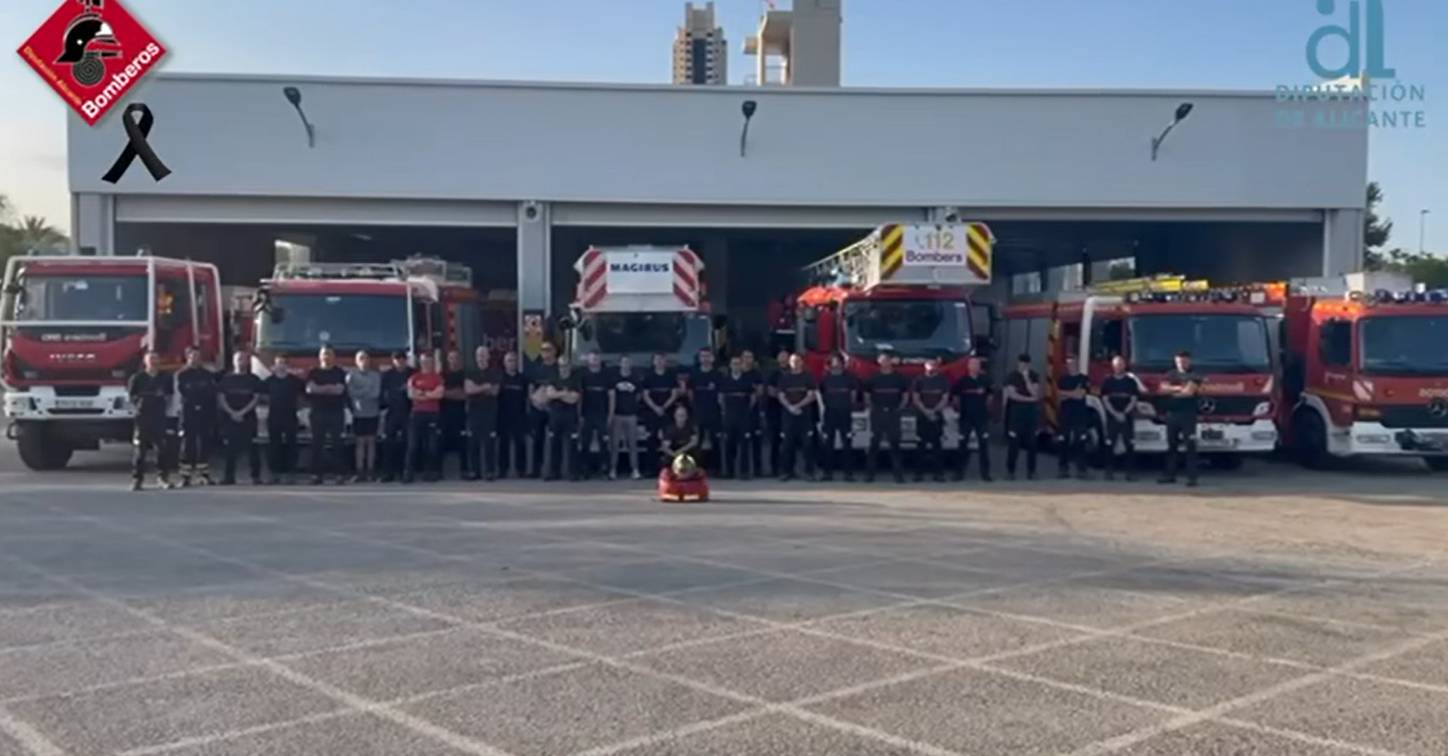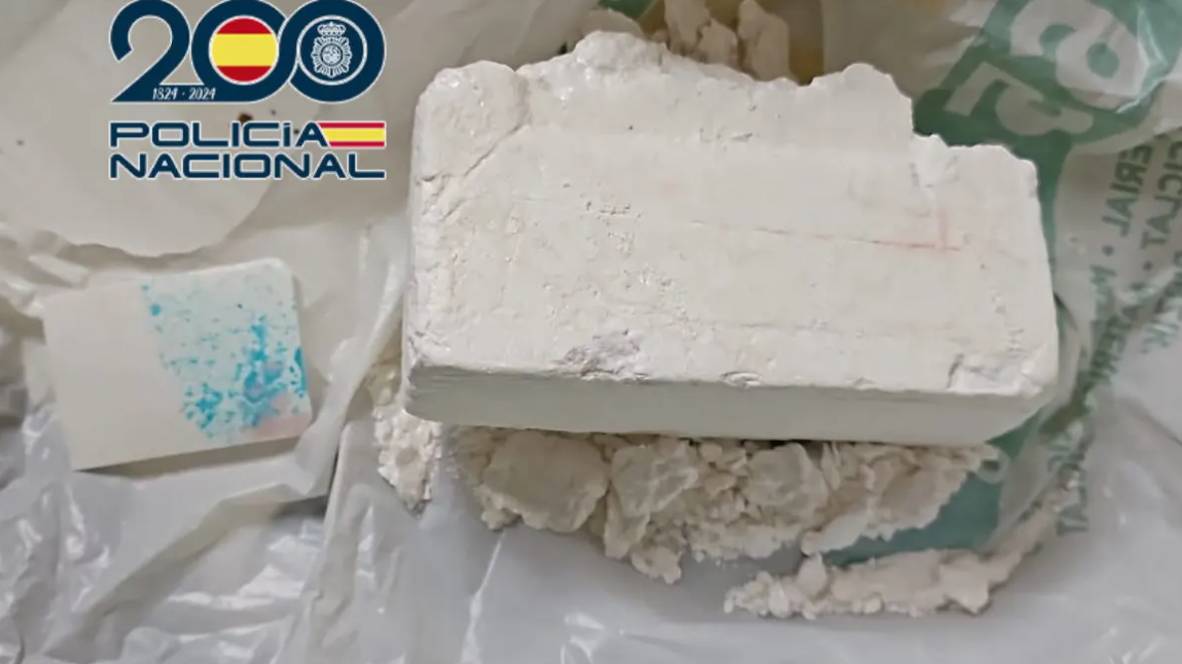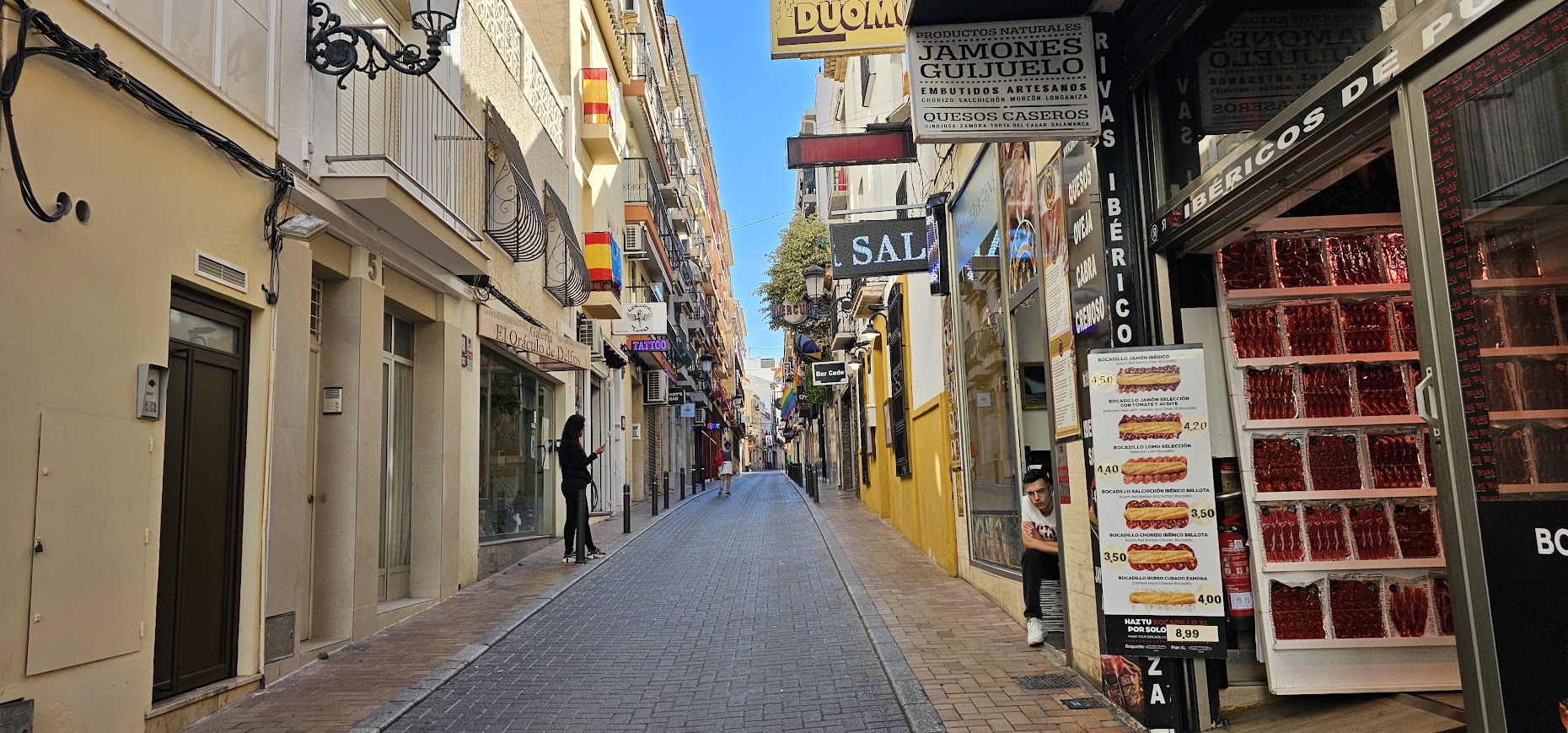In the municipality of Manacor (Mallorca), the Guardia Civil has apprehended two individuals and is currently investigating another for the sale of various exotic animal species through internet portals as part of Operation Kotach, which is being conducted in Valencia.
The agents have discovered a total of 19 feline family specimens during the search. Notable among these are a pure caracal, two pure servals, and 16 hybrid felines of varying degrees of hybridisation and species. In addition to over 40 animal passports from Russia, Belarus, and China, as well as two computers, three mobile phones, and two pen drives, a substantial quantity of documentation has been confiscated and is currently undergoing analysis.
The operation commenced in March of last year when SEPRONA discovered that a couple residing in Ariany (Palma de Mallorca) were breeding servals, caracals, and their hybrids with domestic cats on a tract of land. They subsequently sold the animals on social media.
The agents were able to confirm that the couple’s social media activity was highly active, as individuals from other countries contacted them to purchase these types of animals.
The agents confirmed that the breeding of caracals and servals in Mallorca was just a small part of an international network that encompassed breeders, transporters, and veterinarians, and also included other protected species such as white tigers, black leopards, pumas, and hyenas. They continued their investigation. Countries such as Russia, Belarus, and Ukraine transported the majority of the animals for sale into the European Union. Additionally, the animals were smuggled into the European Union via the Polish-Belarusian border and subsequently disseminated with fraudulent documentation.
It is important to mention that the detainees advertised white tigers, clouded leopards, boreal lynxes, hyenas, black leopards, and pumas for sale on their social media accounts. We discovered that the detainees were seeking €60,000 for the clouded leopard.
The agents arrested the two individuals after determining that they lacked a breeder’s permit and no documentation for the transaction after consulting with the appropriate administrative authorities.
The animals have been temporarily confined at the Son Servera Safari Zoo. Subsequently, the Ministry of Ecological Transition (MITECO) will permanently relocate them to Prima Domus (Alicante). Once rehomed to Prima Domus they can be visited, more information on the website https://en.aap.eu/visit-us/
In Russia and Ukraine, there is a prevalent practice of breeding and maintaining these cats as pets, and this trend has begun to be replicated in other countries. These species necessitate an extensive amount of space. Additionally, these specimens are highly aggressive and may pose a threat to humans or other animals. Consequently, a significant number of individuals avoid or relocate them.
Felines that are hybrids
Additionally, numerous breeders have successfully interbred these felines with domestic cats, despite the potential sterility and viability issues that may arise from premature births. Additionally, caracals and servals frequently regard domestic cats as prey rather than mating companions, and they may even cause them to suffer severe injuries or death.
The purpose of hybridisation is to produce unique cats that exhibit the wild characteristics of their wild progenitors but with a reduced intensity. In reality, the cost of a pure caracal or serval can surpass €8,000, while a first-generation hybrid can fetch up to €18,000.
Convention on International Trade in Endangered
The CITES Convention on the Protection of Wild Fauna and Flora by Controlling Trade, which implements the Convention on International Trade in Endangered Species of Wild Fauna and Flora in the European Union, safeguards these animals. The researchers found that the sellers were offering these animals without the necessary documentation. It is important to acknowledge that the CITES Convention safeguards hybrid animals until the fourth generation.
The investigators are accusing the apprehended individuals of offences against wildlife, smuggling, document falsification, and organised crime.
The SEPRONA (Security and Investigation Unit) of the Valencia Guardia Civil conducted the operation in conjunction with the UPRONA (National Police) in Mallorca, Citizen Security components from the Balearic Islands Command, and MITERD personnel. The First Instance and Investigation Court No. 1 in Manacor directed the operation.








No Comment! Be the first one.